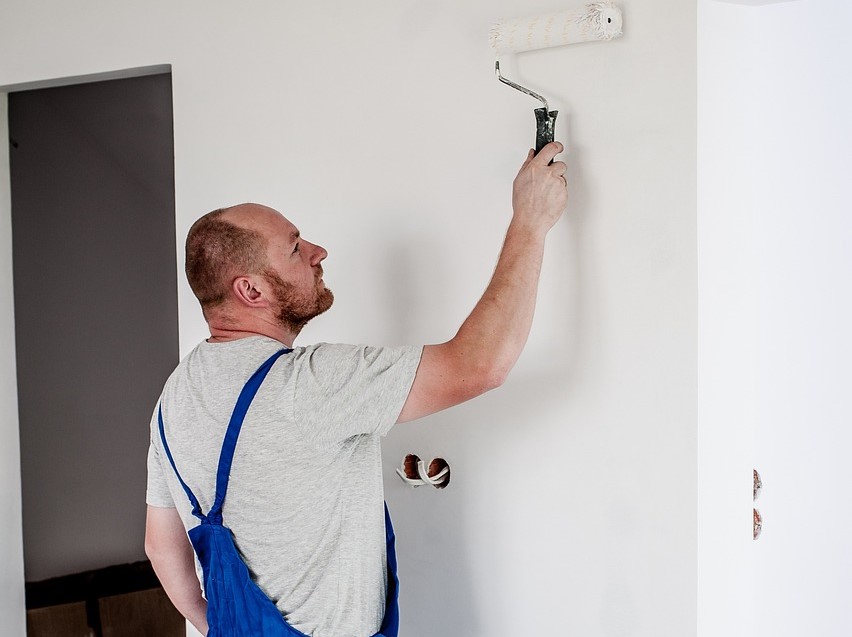
Not all trades are created equal. While every trade comes with its own challenges and rewards, some are undeniably harder than others due to physical demands, technical skills, or working conditions. On the flip side, some trades are considered easier, often because of lower entry barriers or less demanding environments. Here’s a breakdown of what makes certain trades the hardest and others the easiest.
What Makes a Trade Hard or Easy?
It’s important to remember that the difficulty of a trade can depend on several factors:
- Physical Demands: Jobs like roofing and plumbing require more stamina than painting or tiling.
- Technical Knowledge: Trades such as electrical work demand years of training and strict adherence to regulations.
- Working Conditions: Trades with unpredictable environments (like roofing or outdoor plumbing) tend to be harder than those with stable indoor settings.
- Barriers to Entry: Trades requiring certifications or apprenticeships, like gas engineering, are harder to break into.
The Hardest Trades
Roofing
Roofing consistently ranks as one of the hardest trades, and for good reason. It involves working at heights, often in extreme weather conditions—think scorching heat in the summer and icy winds in winter. The physical toll is immense, with heavy lifting, repetitive movements, and the constant risk of injury from slips or falls.
Why It’s Tough:
- Requires incredible stamina and strength.
- Safety risks are ever-present, even with proper precautions.
- Weather can dictate work schedules, leading to unpredictable downtime or extra stress to meet deadlines.
Relatable Moment: “Balancing on a steep roof while the wind howls isn’t for the faint-hearted!”

Plumbing and Heating
Plumbing is another challenging trade due to its technical complexity and physically demanding nature. From navigating tight spaces under sinks or floors to dealing with burst pipes in freezing temperatures, plumbers must be both problem-solvers and physically capable. Heating engineers face additional challenges, particularly when dealing with gas systems, which require meticulous attention to detail for safety.
Why It’s Tough:
- Requires extensive knowledge of systems and regulations (e.g., Gas Safe certification).
- Emergencies can strike at any time, often resulting in long, irregular hours.
- The job can be messy—think clogged drains and sewage backups.
Relatable Moment: “You haven’t lived until you’ve crawled under a floorboard to fix a leak in the middle of winter!”
Electrical Work
Electricians have the unique challenge of dealing with invisible dangers—electricity. One mistake can lead to serious injury or even death. The work often involves diagnosing complex issues and installing or repairing systems according to strict safety codes and regulations.
Why It’s Tough:
- Requires extensive technical knowledge and precision.
- High-risk work, especially in industrial or high-voltage environments.
- Balancing aesthetics with functionality, especially in residential jobs.
Relatable Moment: “Clients expect cables to disappear like magic, but they don’t see the hours of work behind it!”

The Easiest Trades
Painting and Decorating
While not without its challenges, painting and decorating is often considered one of the easier trades. It requires attention to detail and a steady hand, but it doesn’t demand the same level of physical exertion or technical knowledge as other trades. Entry barriers are lower, making it accessible for those new to the industry.
Why It’s Easier:
- Minimal safety risks compared to other trades.
- Tools and materials are less complex and expensive.
- Jobs are often straightforward and require less problem-solving.
Relatable Moment: “There’s nothing like the satisfaction of a freshly painted room and a happy client!”

Tiling
Tiling is another trade often considered less physically and mentally demanding compared to others. While it requires skill and precision to create clean, even finishes, the work is typically less hazardous and predictable once you master the techniques.
Why It’s Easier:
- Work environments are generally clean and controlled.
- Straightforward, repetitive tasks once the layout is planned.
- Limited interaction with high-risk elements like electricity or gas.
Relatable Moment: “A well-laid tile floor is like a piece of art—clients are always impressed!”
Final Thoughts
Every trade comes with its own challenges, and what’s considered “hard” or “easy” can vary depending on personal strengths and preferences. While roofing and plumbing are undeniably tough, they offer unique rewards for those who can handle the demands. Similarly, trades like painting and decorating, while less intense, require their own set of skills and dedication to deliver high-quality results.
Regardless of the trade, UK tradespeople share a common thread: pride in their craft and the satisfaction of creating something that lasts. Whether you’re scaling rooftops or adding the finishing touches to a room, every trade contributes to the backbone of society. And that’s no easy feat!

